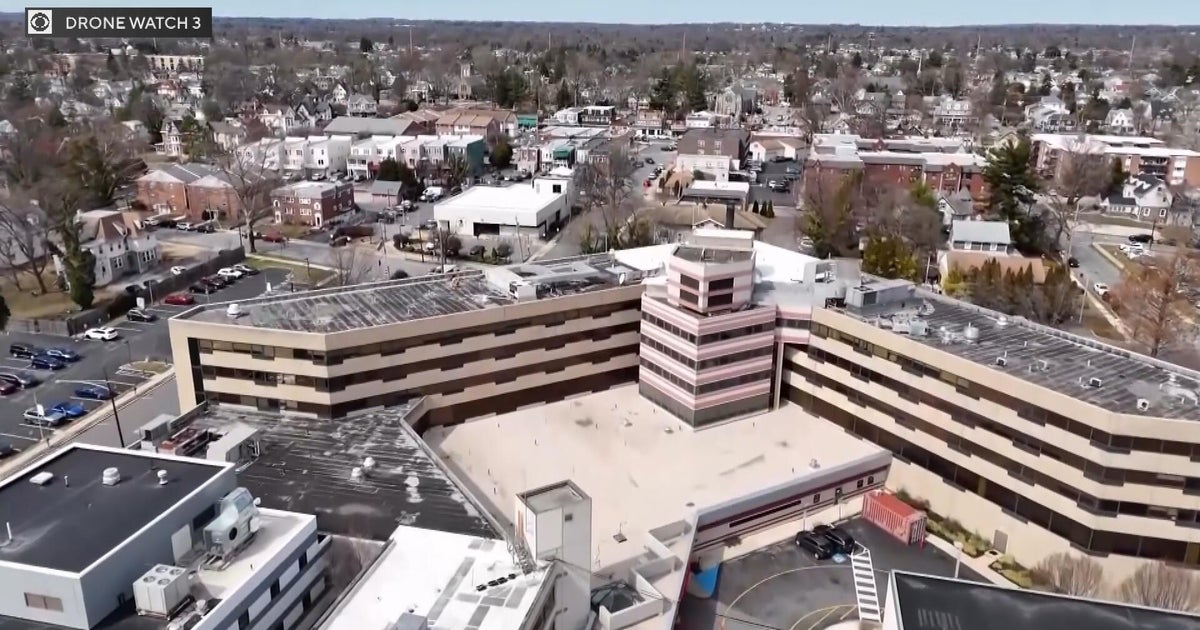Crozer Health's Closure Sends Shockwaves: Patients and Staff Reel from Sudden Shutdown

In a significant healthcare transition, Crozer-Chester Medical Center will permanently shut its doors this Friday, marking the end of an era for the local community. Thursday served as the hospital's final full day of operations, bringing a poignant close to decades of medical service in the region.
The closure represents a major shift in local healthcare infrastructure, leaving patients and staff to navigate new care options and employment landscapes. Community members and healthcare professionals alike are processing the emotional impact of this long-standing medical institution's final moments of service.
As the hospital prepares to close, patients and staff are being directed to alternative healthcare facilities to ensure continued medical support and seamless transition of care. The closure underscores the ongoing challenges facing community hospitals in today's complex healthcare environment.
